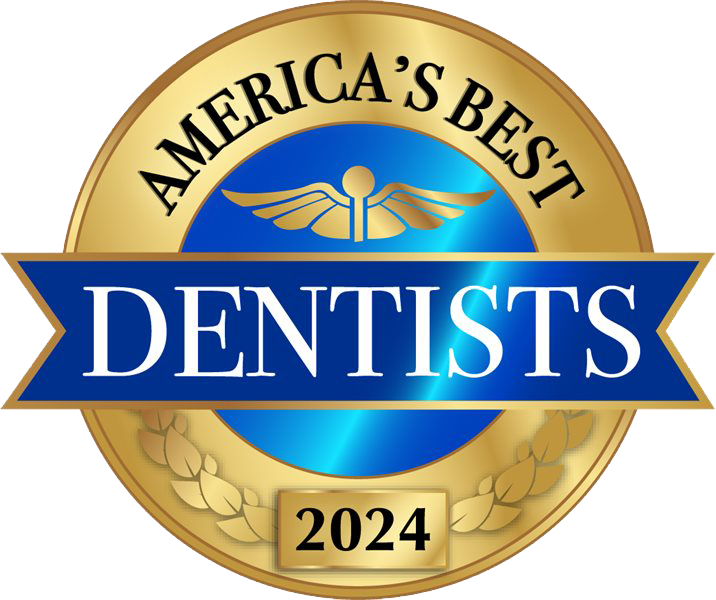5 Ways Dental Implants Improve Oral Health
Cherrywood Dental • November 16, 2016
Dental implants have helped our patients make incredible strides toward heightened health and happiness. But until you’ve tried implants for yourself, you can’t know just how significant these life changes can be. Many patients are nervous about the surgical procedure involved and the required healing periods. If you’re considering implants, you owe it to yourself to learn more about all they have to offer.
Below, we’ve put together 5 of the most notable ways dental implants improve oral health. When you take these into account alongside the remarkable self-esteem and emotional growth that follow implant placement, there’s a clear case for moving toward these permanent restorations. Just get in touch to schedule a free implant consultation and learn more about your candidacy.
How Dental Implants Preserve Your Health
Protect Bone Density
Your jaw bones support your upper and lower teeth. Tooth roots are connected to the bone tissue, and draw strength and stability from this foundation. When you lose a tooth, the bone tissue in the area suffers. Bone actually requires ongoing stimulation to retain its density, especially as we age. Without the tooth root to stimulate the bone through biting and chewing, osseous tissue resorbs, dissolving into the bloodstream. This can lead to issues like facial collapse, risk of breakage, and difficulty restoring the tooth in the future.
Implants are unique in that they connect directly to the jaw bone. Typically made of titanium, implants are biocompatible and integrate with bone tissue. They are surgically placed in the jaw and gain stability as they heal and fuse with the bone. Once implants have healed successfully, they have become an integral part of your jaw structure. They stimulate the jaw and preserve bone density. This has a positive impact on both your health and your appearance, and helps prevent your facial structure from collapsing.
Implants also prevent the bone deterioration common with dentures.
Improve Periodontal Health
Your gums are more delicate than you might think. And if periodontal disease was one of the reasons for your tooth loss, you’re more likely to experience it again in the future. Missing teeth leave behind dangerous open spaces that act as breeding grounds for bacteria. These gaps are also more difficult to clean, so plaque buildup is likely.
Placing a dental implant and restoration fills out this space, reducing your risk of recurring gum disease. Plus, oral hygiene gets much simpler, and you can feel confident that your plaque is under control.
Reduce Risk of Cavities
In the same way that empty spaces in the mouth foster gum disease, they also open up your remaining teeth to decay. After tooth loss, your first priority is preserving the remaining teeth. But leaving that missing tooth unattended is dangerous to your other pearly whites. Bacteria cling to the teeth surrounding the empty space left behind, and form into a thin layer of plaque. This sticky substance gives rise to harmful acids that erode the teeth and kickstart decay.
An implant plus a restoration will fill out this area and rebuild your smile, lowering your risk of cavities along the way. You’ll be able to brush and floss your restoration just like a natural tooth, and keep your whole mouth healthy.
Prevent Denture-Related Issues
Dentures can be extremely problematic – and no matter what, a single set of dentures is not a lifelong solution to tooth loss. This is because the gums and bone change shape with years of denture wear. Facial collapse can occur, and dentures need to be remade or relined to fit the changing mouth. Bacteria also have a tendency to build up within denture materials. If the dentures rub against an area of your palate or gums, they can cause lesions that may become infected or chronically painful.
Dental implants change all that. When paired with dentures, they anchor the dentures against the jaw. No slipping, no clicking, no changing gums, and no discomfort. Patients with existing dentures hoping to transition to implants will be interested in learning more about options like TeethXpress, an immediate load implant solution.
Stop Teeth From Shifting
Your teeth rely on one another to stay in place. Even if you’ve had orthodontic treatment in the past, you need a way to retain tooth alignment. Losing a tooth creates a gap that surrounding teeth are eager to fill. They will gradually shift to move toward the empty space, potentially harming your bite and limiting tooth function along the way. Crowded, crooked teeth that have shifted are also more difficult to keep clean and disease-free.
An implant not only fills in that bad gap, but connects to your jaw bone to provide additional structure. It’s simply the best way to handle your restoration and keep your smile straight.
© 2025
All Rights Reserved | Cherrywood Dental Associates
781-469-0771
301-973-6160
Website designed and maintained by Xpress, INC
301-888-7202



